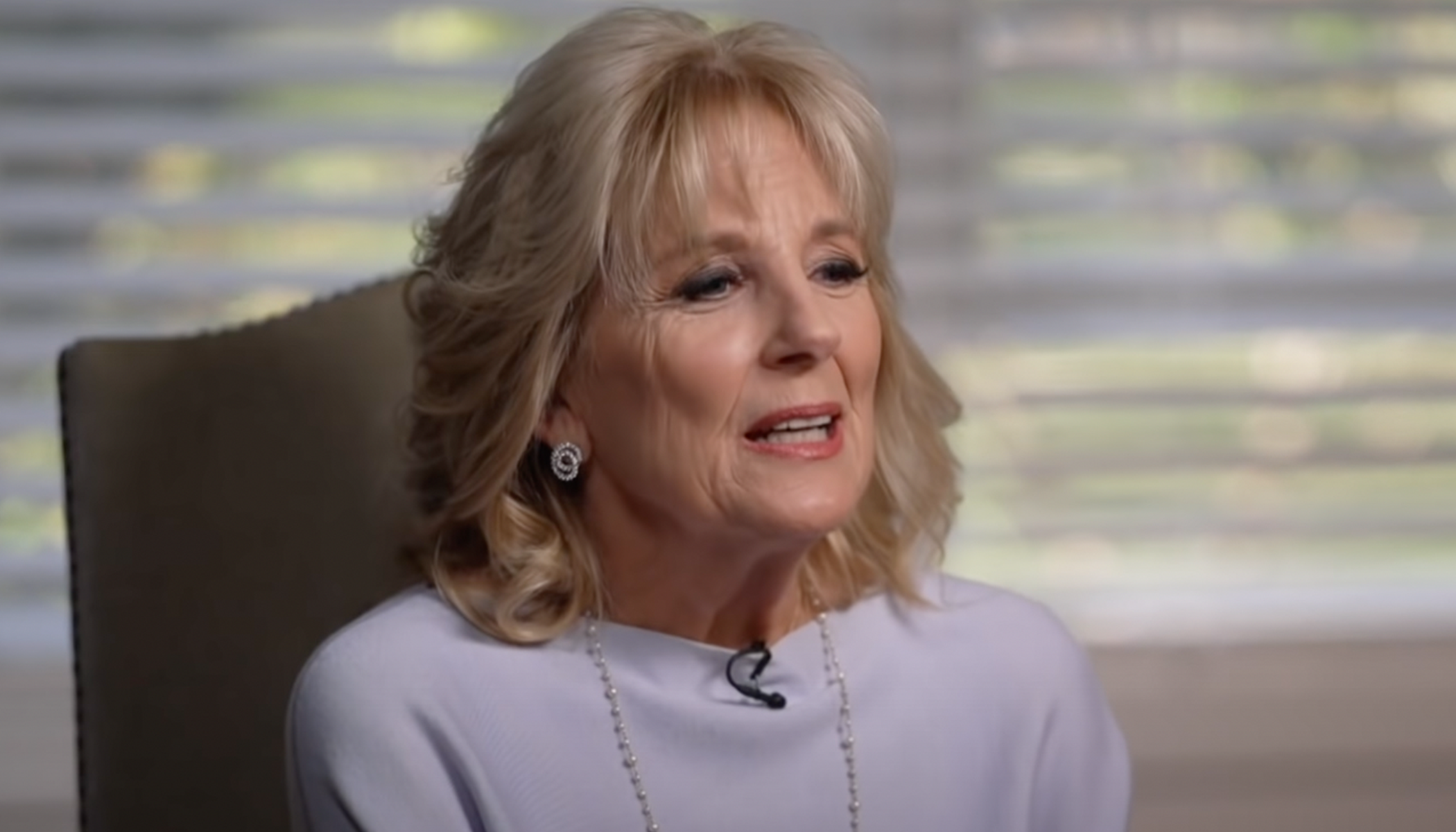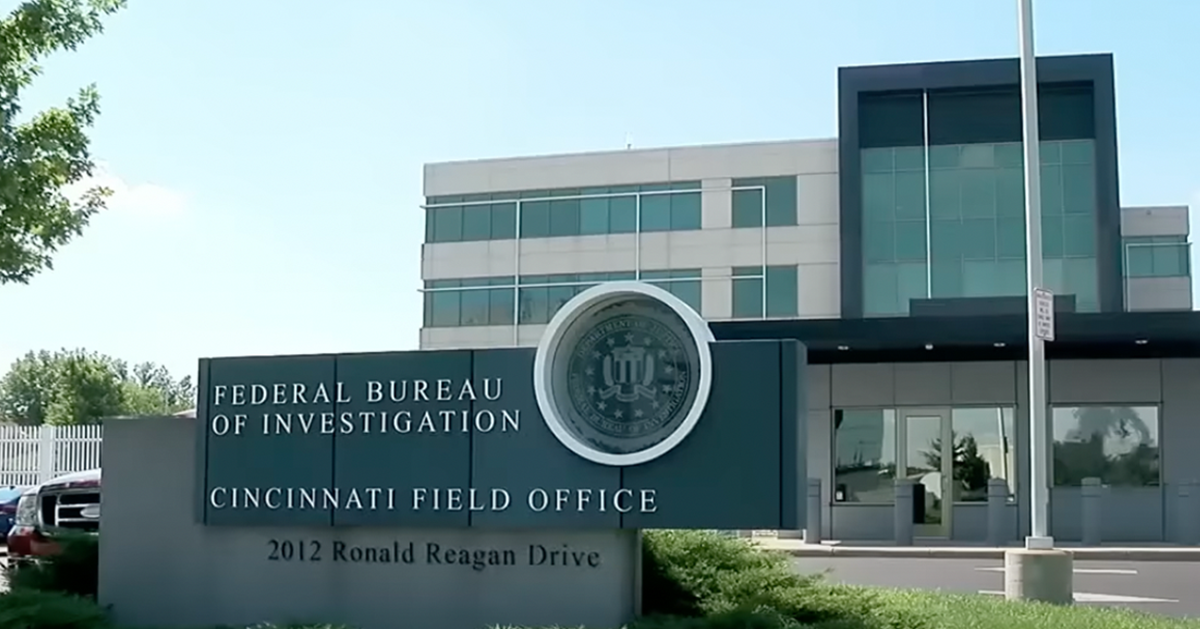Kamala Harris' Campaign Blasted Over Podcast Set Expense Outlay
In October, Harris made a notable appearance on the popular podcast Call Her Daddy while campaigning for the presidency. Known for its vibrant discussions around sexual health and relationships, the podcast took a different tone with Harris.
The discussion pivoted towards pressing issues such as abortion rights and student debt, steering clear of the show's typical content.
The podcast aired from a Washington D.C. hotel room, which the Harris campaign had transformed to mimic the original Los Angeles set, at a considerable cost.
Exorbitant Set Design Sparks Criticism
The decision to replicate the podcast's set came with a price tag in the six figures, a fact that fueled discussions about the campaign's spending priorities.
This move was one of many that marked the most expensive presidential race in U.S. history. Over $3.5 billion was spent across both major party campaigns, part of the nearly $4.2 billion raised. Harris and Biden's campaign apparatus, together with affiliated political action committees and the Democratic National Committee, amassed over $2.3 billion.
On the other side, Trump's campaign, along with its allies and the Republican National Committee, managed to raise $1.8 billion. However, the Democrats' larger war chest did not translate into an electoral victory. The resounding win by Trump marked a significant political outcome, stirring questions about the efficiency of the Democratic spending strategies.
Campaign Spending Tactics Under Scrutiny
The campaign's financial decisions extended beyond the podcast set. Harris' team spent nearly $654 million from July until Election Day, which was 57% more than Trump's expenditure of $378 million over the same period. Such figures beg the question of how financial resources were managed, especially given the eventual loss to Trump.
In a notable expenditure, the Village Marketing Agency was enlisted to engage social media influencers, costing the campaign $3.9 million.
Additionally, more than $15 million was allocated to event production. High-profile figures such as Lady Gaga and Katy Perry made appearances at the campaign's events, notably performing on the election's eve in a final push to connect with voters.
Aftermath of Campaign's Financial Strain
Despite these efforts, the Harris campaign ended on shaky financial ground. Federal documents indicate it is currently $20 million in debt, suggesting potential fiscal mismanagement. Within the Democratic ranks, blame has been cast in various directions, as members of both the Biden and Harris teams allegedly accuse each other of the campaign's shortcomings and poor financial oversight.
A Financial Times analysis pointed to spending excesses as a key contributor to the campaign's failure. The move to spend so heavily, yet ineffectively, has left many political insiders, like a former Biden staffer, questioning the rationale behind the budget allocations. One incredulous comment captured the sentiment of confusion: "How did you spend $1 billion and not win?" This reflection underscores the puzzlement surrounding the lavish spending that ultimately did not yield electoral success.
Looking Ahead: Analysis And Accountability
As the Biden-Harris campaign and their teams begin to grapple with the results, full financial transparency is on the horizon. Detailed reports, which will offer a comprehensive overview of expenditures, contributions, and debts, are scheduled for submission to the Federal Election Commission within 30 days.
These documents will be critical in shedding light on the intricate financial operations that managed -- yet failed -- through what had been anticipated as a highly competitive race.
The post-election period is often one of reflection and realignment for political parties. The Democrats must now not only assess the strategic and financial blunders that led to their defeat but also plan for a future that counters such oversights. The political implications of this analysis will likely inform campaign approaches leading up to future elections, redefining strategies for engaging voters and allocating campaign resources wisely.
As the dust settles, the focus remains on understanding how one of the largest pools of campaign funding in history could fall short in securing a win. Moving forward, lessons from this cycle's spending and logistical maneuvers will be instrumental in shaping the Democratic Party's approach in future electoral battles.
While the Harris campaign's financial adventures are set against the broader context of a high-stakes political landscape, their legacy is a stark reminder of the intricacies and risks entailed in running a modern presidential campaign.





